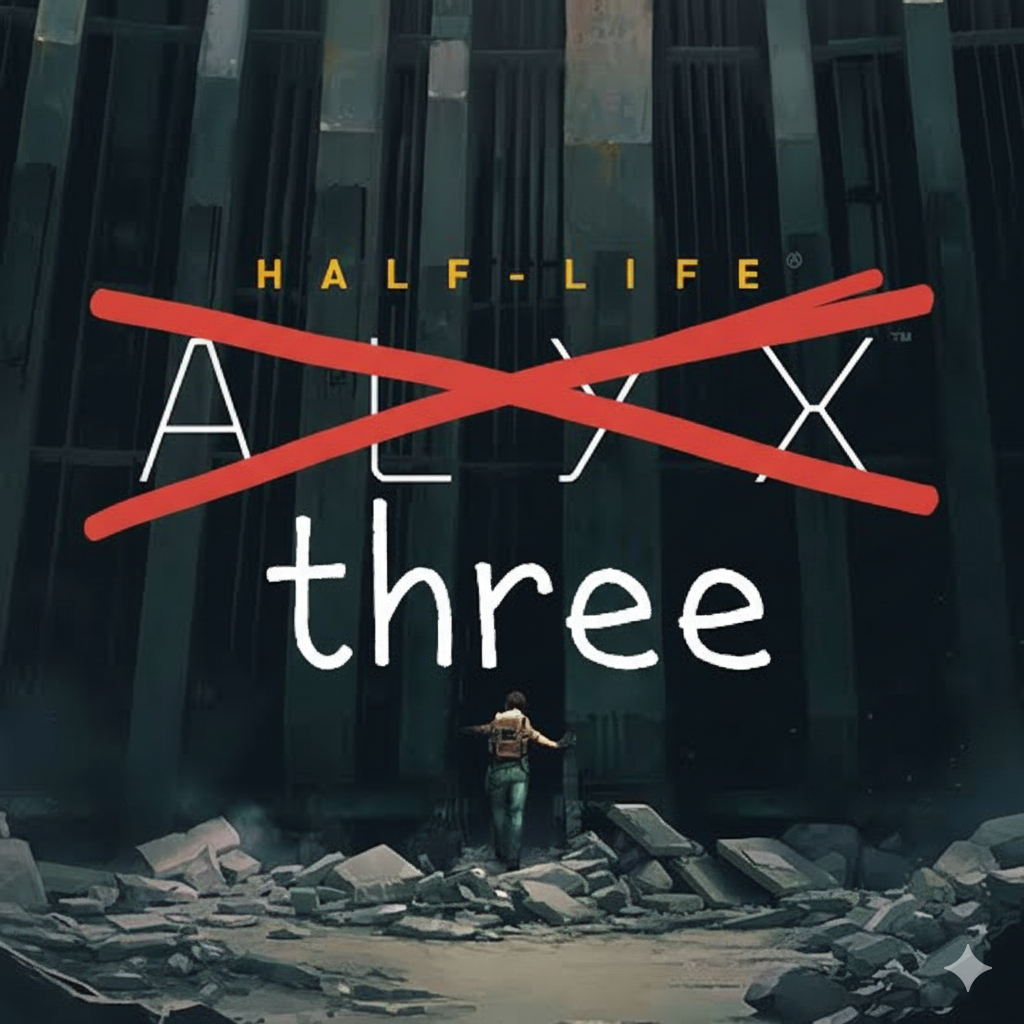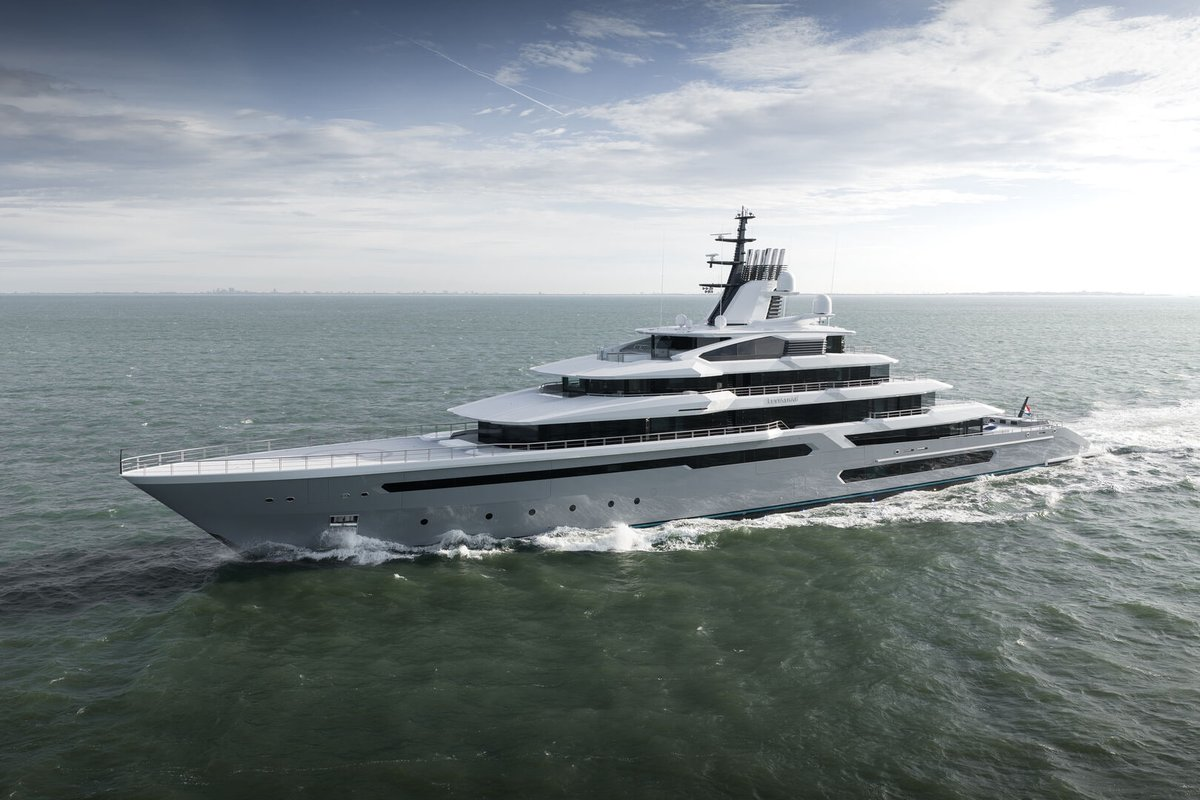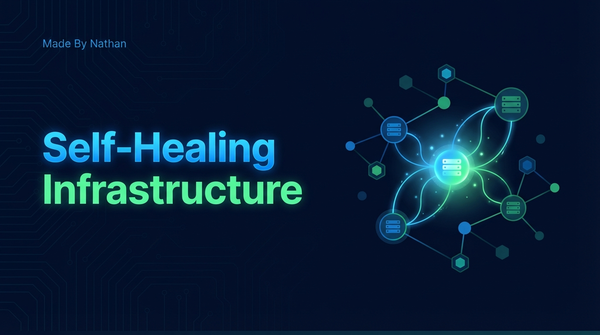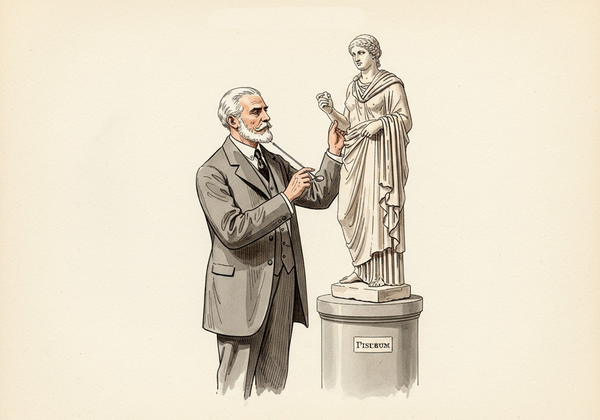Why Doesn’t Valve Just Make Half-Life 3?
Gabe Newell has confirmed delivery of his $500 million superyacht "Leviathan".
- 111 meters long
- Has a hospital and science lab
- A basketball court
- 15 PC gaming stations
I've also been seeing posts from "Is Half-Life 3 out?" getting more attention on X lately:
no
— Is Half-Life 3 out? (@HalfLife3Out) November 16, 2025
I'm not a huge gamer and I think I've only played through the first hour of Half-Life 1. But this made me curious. If there is so much demand for Half-Life 3, then why isn't it getting made? Wouldn't they make like a billion dollars?
The answer: They already make like a billion dollars. Many billions of dollars.
A Brief History Of Valve
- 1998–2007: Valve was primarily a game studio. They made Half-Life, Half-Life 2, Portal 1, TF2
- 2007 onward: Steam explodes and becomes the dominant PC store.
- 2010s: Revenue from Steam dwarfs the revenue from making games.
- Today: They are effectively a platform company that sometimes makes games whenever a team feels inspired. Otherwise they sit back and just rake in the cash.
Steam transformed Valve from a game studio into a platform giant. Steam takes roughly 20-30 percent of every game sold, plus fees from microtransactions and marketplace activity. That revenue is massive compared to what a single AAA game would generate.
It's true that there is massive demand for Half-Life 3, and a great game might even sell 10 to 20 million copies if it got good reviews. That could bring in 600 million to over a billion dollars. But Steam already brings in far more than that every year with way lower risk and far less pressure.
Valve’s internal structure is famously flat. There are no deadlines and no assignments at Valve. Developers choose whatever they want to work on, and nobody can be ordered to start working on Half Life 3. A huge story driven sequel needs dozens of people choosing to spend years of their life on it, including periods of intense crunch time. A story driven AAA game can take 4 to 6 years of work from a huge team of highly paid senior designers and developers.
Not to mention that Half Life 2 is an absolutely legendary game. Any sequel would be judged against that legacy and the risk of disappointing fans is absolutely enormous. If Half-Life 3 came out and was anything less than incredible, the backlash would be brutal and they'd never hear the end of it. There's something to be said for going out on top.
Of course there's been attempts. It's not like they didn't try a few times. Many Half Life 3 prototypes have existed over the years. Teams would form, experiment, lose momentum, and dissolve. Without deadlines or mandates, projects at Valve only survive if the developers are genuinely excited.
Valve did return to the Half-Life universe for Half Life: Alyx, and it sold an estimated 2 to 3 million copies despite being only for VR. It's not Half-Life 3, although technically it's the third game in the series. Close enough? If you're really itching for some Half-Life 3, then maybe just buy yourself a VR headset and play this one if you haven't already.

What if they outsourced it?
If Valve doesn't want to do it then I'm sure there's a lot of other game studios who could do a pretty good job. Some candidates:
Arkane Studios (Dishonored, Prey, Deathloop)
Best fit for atmosphere, immersive world design, environmental storytelling, and systemic gameplay. They understand “Half-Life tone” better than almost anyone outside Valve.
Respawn Entertainment (Titanfall, Apex Legends, Jedi: Fallen Order)
Technically sharp, excellent at kinetic first person movement, and very strong at shipping high quality games. Their feel for FPS systems is among the best in the industry.
or not

When you've got "f*** Half-Life 3" money then I guess you can just leave a billion dollars on the table. He's probably having a LAN party on his yacht right now with George R. R. Martin.



